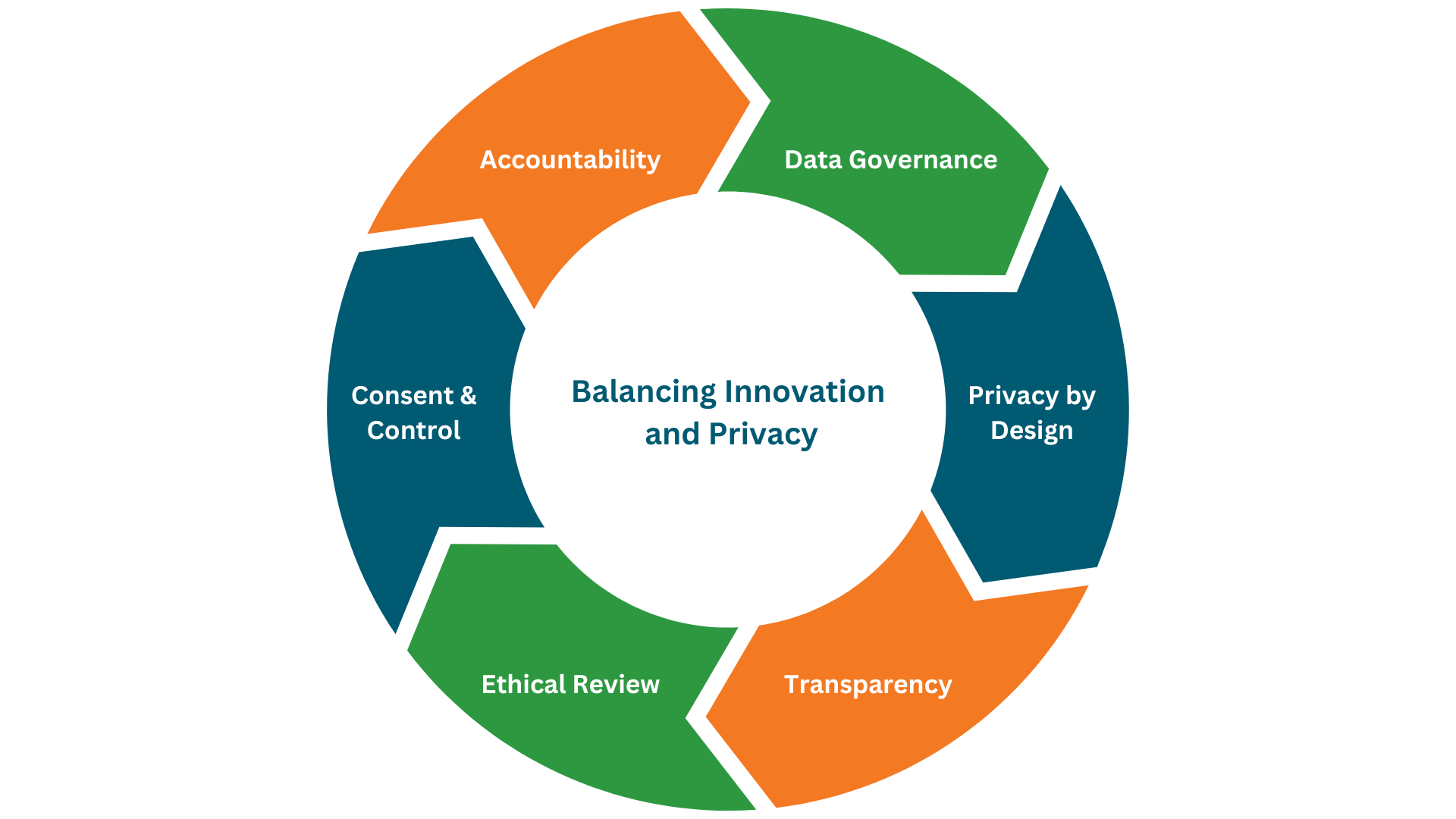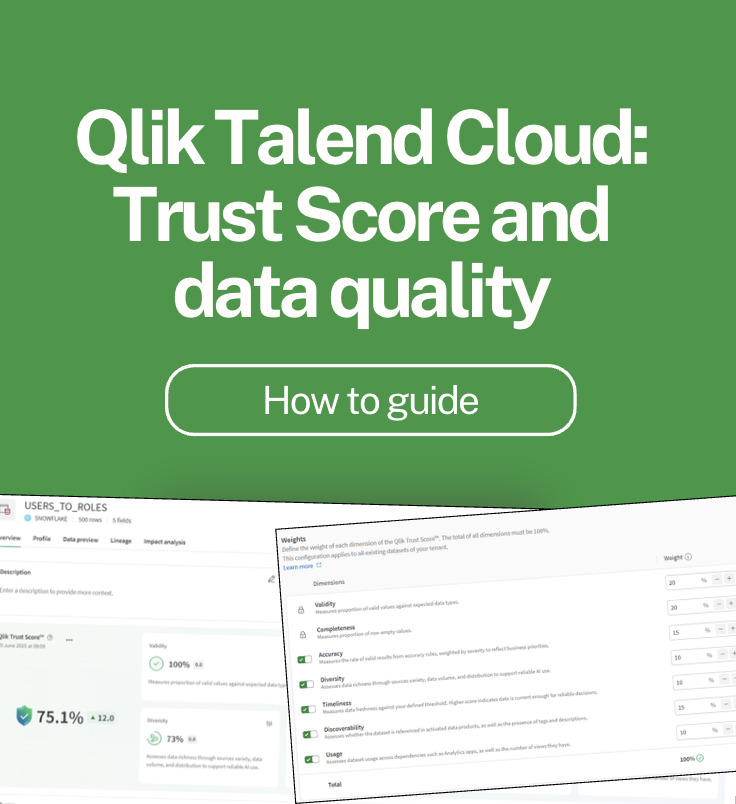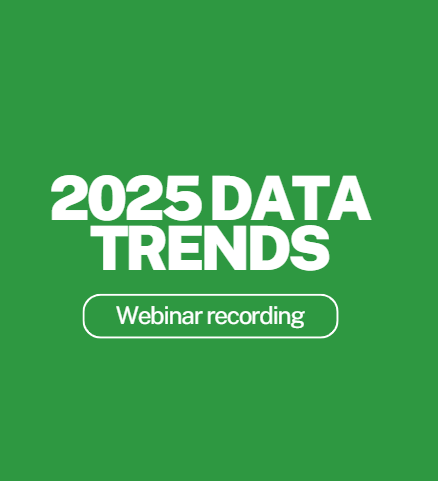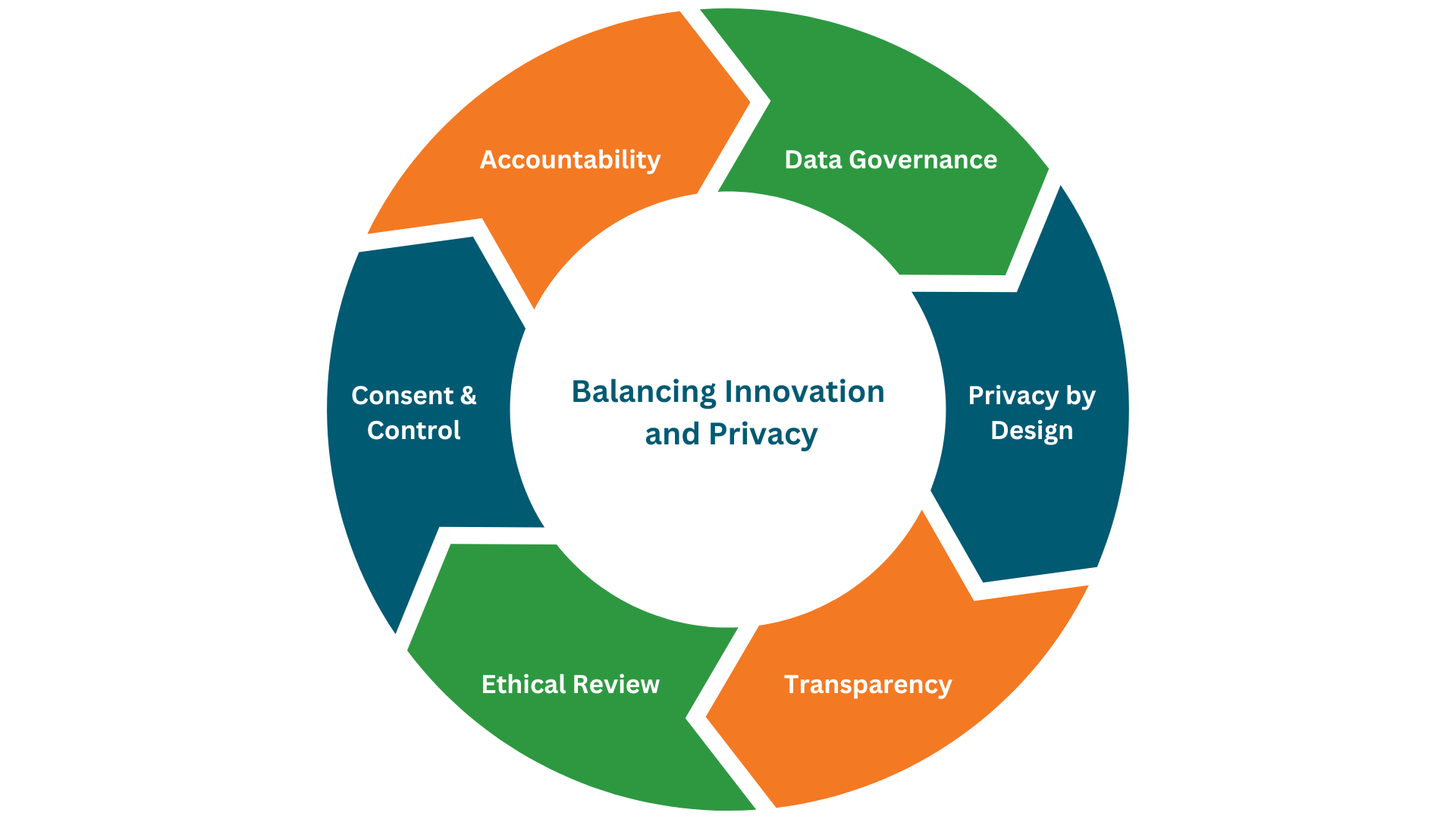Ethical considerations in data analytics
Data analytics has revolutionised the way businesses, governments, researchers, and organisations access valuable insights and make informed decisions. Through the analysis of extensive datasets, previously hidden patterns, trends, and correlations can now be uncovered. However, this analytical capability also brings about significant ethical considerations regarding data privacy and the responsible handling of personal information.
The Benefits of Data Analytics
The potential benefits of data analytics are immense and play a crucial role. In the healthcare sector for example, the analysis of patient data can result in earlier diagnoses, more effective treatments, and improved patient outcomes.
Likewise, in the education sector, analysing student data can help identify areas for improvement in learning and customise teaching approaches for better outcomes. Additionally, businesses can utilise data analytics to understand customer preferences, optimise processes, and make better-informed, data-driven strategic decisions with increased accuracy.
This analytical capability hinges on the aggregation and processing of vast amounts of personal data - encompassing health records, consumer behaviour, social media activity, location data, and many more. This should prompt consideration of how the advantages of data analytics can be harnessed whilst safeguarding individual privacy.

Privacy and Ethical Risks
Many individuals understandably have concerns about their personal data being analysed and used for purposes they may not fully grasp. Legitimate fears exist regarding potential misuse, hacking, or exposure of personal information. Additionally, there is the worry of being monitored and analysed without explicit consent.
Some of the key ethical risks of data analytics include:
- Re-identifying individuals from "anonymised" data
- Privacy violations and exposure of sensitive personal information
- Security vulnerabilities leading to data breaches
- Using personal data for purposes other than originally intended
- Lack of transparency about data collection and usage
Balancing Innovation and Privacy
So how do we find the right balance between promoting data-driven innovation and protecting individual privacy? It is one of the great challenges of our data-saturated age. There are no perfect solutions, but some guiding principles can help:
Data Governance
Solid data governance policies, procedures, and responsibilities are crucial for the ethical collection, storage, preparation, and utilisation of data. It is imperative to establish clear protocols in this regard.
Privacy by Design
Privacy should be ingrained as a fundamental principle within data systems right from the beginning, rather than being an afterthought. This encompasses having robust data encryption, access controls, and stringent policies in place.
Transparency
Individuals are entitled to understand the data collected about them and its intended use. Clarity in communication and options to opt-out are essential components of this transparency.
Ethics Review
Data analytics initiatives should undergo thorough ethical evaluations and adhere to stringent ethical guidelines, especially when dealing with sensitive areas such as facial recognition technology.
Consent and Control
Individuals should have the ability to dictate how their personal data is utilised and be able to opt-out if they so choose. Making the process of revoking consent simple and straightforward is essential.
Accountability
It is essential to have robust accountability measures in place, conduct regular audits, and enforce consequences for any misuse of personal data or ethical breaches in analytics projects.
In summary, navigating the intricate ethical landscape of data analytics presents a continuous challenge with no easy or perfect resolutions. However, taking a proactive approach in prioritising privacy and ethics is essential for upholding public trust and fostering responsible innovation. Ethics should be at the forefront, not an overlooked aspect.
Most businesses know their analytics could perform better.
The challenge is knowing exactly where the problems are and how to fix them efficiently.
Our independent audit identifies what's holding your platform back and shows you how to fix it.
Find out what's slowing your analytics down and how to fix it.
If you would like to learn how Ometis can help you overcome these challenges, book an informal call with our experts.







Comments